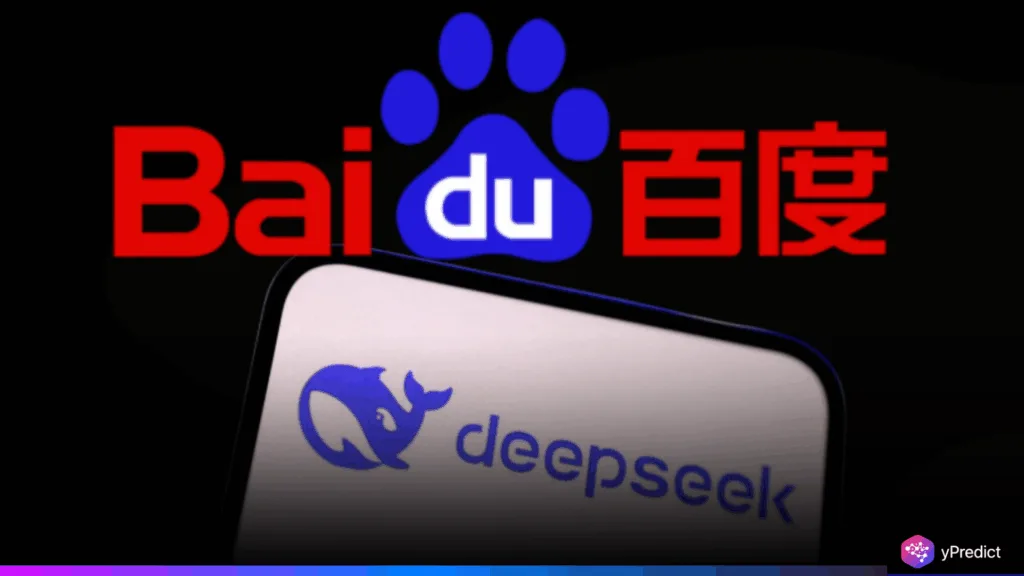
Baidu has made a significant change in the global AI competition by announcing that it will open-source its Ernie AI chatbot. The Chinese tech giant will start releasing the generative AI model on Monday. The announcement comes after DeepSeek’s recent launch. Thus, this suggests that Baidu wants to compete globally in terms of cost, functionality, and customer service. This marks a turning point for Baidu, which had long favored closed systems. CEO Robin Li now aims to support developers worldwide with flexible and cost-effective tools.
Baidu’s Strategic Shift in AI Development
Baidu’s announcement caught many by surprise. The business had always prioritized internal control and taken a proprietary approach. Furthermore, its sudden move to open-source reflects the increasing pressure from rivals like DeepSeek.
According to experts, the action may change the distribution of large models. It will be particularly common in places where consumers are calling for greater localization and affordability. Despite DeepSeek’s continued influence, Baidu’s decision to introduce its AI chatbot is creating a stir globally.
Developers and industry leaders are keeping a close eye on things. Additionally, some believe that this marks a turning point in the creation, application, and pricing of models. However, others question whether the global market, especially the West, will respond rationally.
How Will Ernie AI Chatbot Impact Leaders?
“Baidu just threw a Molotov into the AI world,” said Alec Strasmore of Epic Loot. He compared the release to Costco’s introduction of premium product substitutes. Additionally, the Ernie AI chatbot might displace pricey APIs from companies like Anthropic and OpenAI. According to Baidu, its most recent version, ERNIE X1, is half as expensive as DeepSeek’s R1. This open-source pricing approach is being compared to the early days of Android.
Sean Ren, a Samsung AI researcher and professor at USC, pointed out the strategic importance. “Every time a big lab open-source a model, the entire AI competition changes,” he said. He emphasized that users gain more from reduced expenses and performance than from subscription fees and restricted access. Additionally, open models provide greater adaptability for rapid deployment and regional customization.
In China, Baidu’s action goes beyond gaining market share. CEO Robin Li had hinted at this direction earlier this year, emphasizing the need to “empower developers” worldwide. In stark contrast to Baidu’s previous position on proprietary development, he feels that developers shouldn’t be concerned about cost.
Can Baidu Compete in the Global AI Race?
Although this is a bold move, not all analysts believe that there will be an immediate global disruption. According to Phenom’s Cliff Jurkiewicz, the US market may not care. “Most Americans don’t even know Baidu is a Chinese tech company,” he said. He compared the experience to the early days of Android. Although it was difficult to deploy, it was customizable, which may have limited its widespread adoption.
However, many people think that the impact will increase over time. Baidu’s decision to go open-source compels rivals to reconsider their packaging and pricing. Therefore, closed models may become less appealing as more developers choose free, adaptable tools. There will probably be new winners and losers in the global AI competition as a result of this change.
Final Words
Baidu’s open release of the Ernie AI chatbot reflects the changing tides in the AI world. Furthermore, Baidu has the power to revolutionize the way AI is applied around the world. This change is driven by its developer interest, open access, and strategic pricing. Therefore, even though some people are still doubtful about its immediate impact, the move unquestionably makes the AI competition more intense.






